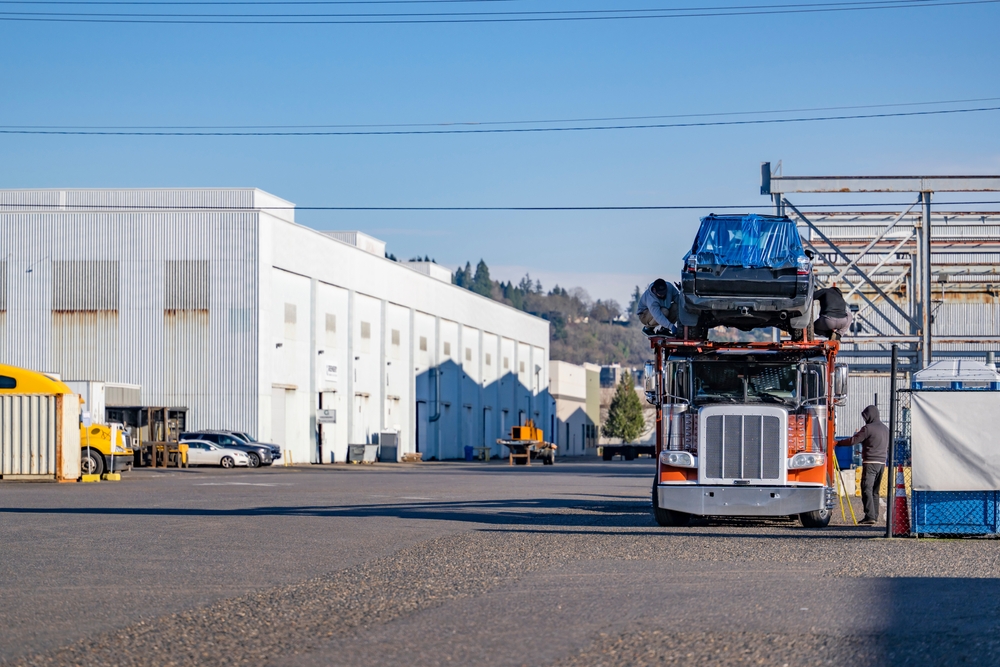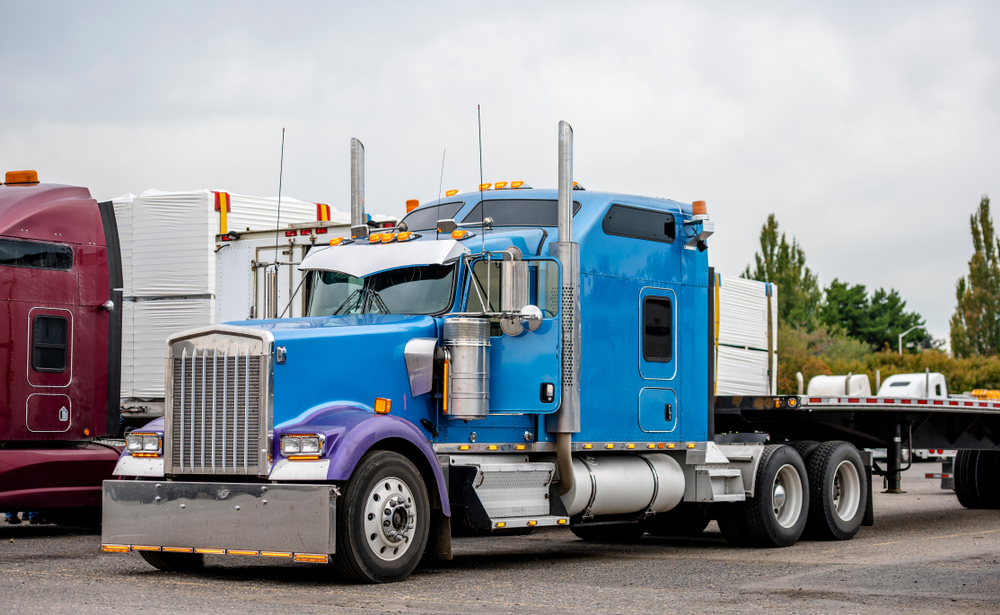The EPA is set to announce a huge change to their fuel efficiency standards for commercial trucks. According to the New York Times, the announcement that will come before the end of the week could raise the mandatory minimum fuel efficiency for large trucks to 9 miles per gallon.
Heavy duty diesel trucks currently get an average of 5 or 6 miles per gallon, so an increase to 9 mpg is an increase in fuel economy of 40%. And it looks like EPA regulations will give truck manufacturers until 2027 to hit that goal.
If this is indeed the timeline and standards that the EPA is shooting for, meeting that goal will be no small feat.
“We told them what we can do, but they haven’t told us what they plan to do,” said Tony Greszler of Volvo Group North America, according to the Star Tribune. “We have concerns with how this will play out.”
Innovations in fuel economy have not historically been a primary concern for truck manufacturers, and advocates for EPA regulation point to the successes of regulations in the car and light truck sector as an indication that a little nudging from the federal government can do a lot to drive innovation. Those advocates hope that setting new fuel economy targets could spur new innovation in companies that have made so few improvements in this area in the past.
It’s not just the end result of fuel efficiency that the EPA may be looking to regulate – they’re also looking at dictating exactly how truck manufacturers should meet these goals. When the EPA issued its first wave of truck fuel efficiency regulations in 2011, they included standards like using more fuel efficient tires. This time the EPA could be looking at requiring the reworking of engines and transmissions, improving aerodynamics, and mandating the use of lighter materials to reduce truck weight. Even more extreme measures like recycling engine heat to drive a turbine to generate more energy, mandating hybrid engines, or moving away from diesel entirely are not off the table.
Many in the trucking industry however are concerned that the systems used to develop and implement increased fuel economy could lead to more expensive trucks which could drive smaller fleets out of business. It is estimated that the new rules could add as much as $12,000-$14,000 to the cost of manufacturing a new heavy truck, though the EPA claims that those additional costs would be recouped within 18 months by fuel savings.
Next Story: Restart Rule Rollback Under Attack By White House
Source: wics, washingtonexaminer, startribune, newyorktimes, nwaonline
Image Source: bartowfordbuzz











“mandating the use of lighter materials to reduce truck weight”
Oh yeah, that’s genius. If you make the truck lighter, that just means that the customer is going to pack more weight into the trailer, and we’re still going to get as close to the 80k that many customers already aim for. Idiots.
Until they “mandated” the new emissions standards using DPF and DEF, most trucks I drove (2006 and older) got 7-9 mpg (loaded at 78-80k lbs) and burned clean. When we got the newer trucks, they ran like shit, they are MORE expensive to purchase and maintain, the emissions systems make up 60%+ of the cost and shop time, added 1500 lbs to the 2008-2009 trucks and another 500 lbs to the 2010+ trucks, add another 1200 lbs for an APU, and we pushed it to get 5 mpg.
At first, the companies blamed the drivers for the poor fuel mileage – all the sudden we didn’t know how to drive. Oh sure, we burn more fuel, but we do it “cleaner” (dumbass libtards). Government may set the goals, but they sure don’t have a CLUE about how to do it. ANY time they’re involved in the actual details of running a business or technology it’s a cluster.
As a mechanic I still recommend that smaller companies that can’t afford sudden high repair costs, increased PM charges and frequent breakdowns and downtime purchase non-DPF trucks. Easier to deal with the age and wear than to deal with all the costs and downtime associated with that system. This sounds even worse. If they want cleaner emissions, I get that, but don’t try to micromanage something you don’t know anything about, and politicians don’t know anything about mechanics or engineering. I’m with Allen on this one, they need to butt out before they make it worse.